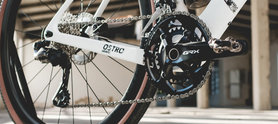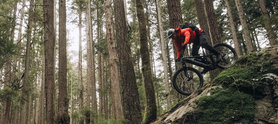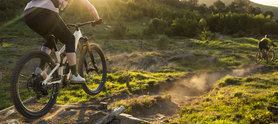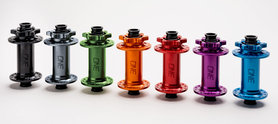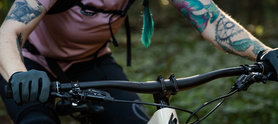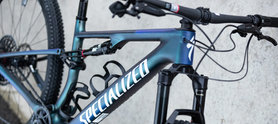Sign up now
and get your 5 € voucher*.
Don’t miss out on our exclusive tips and offers!
Success! You will receive an email shortly to confirm your subscription to our newsletter!
We evaluate the success of our newsletter to continually improve it. If you're already one of our costumers, we use the data from your last purchases to adapt the newsletter to your interests and make it more relevant for you. Our data protection agreementdata protection agreement applies.
*Valid for 30 days from date of issue and from a minimum order value of 60 €. The voucher cannot be combined with other promotions.
Anything your bike needs, we’ll make it happen



100 Day Return Policy
Send your unused goods back within 100 days after purchase and get your money back!
See more- Aachen Community
- Affiliate Programme
- Imprint
- Data privacy
- General Terms and Conditions
- Whistleblower
- Battery return
All prices are in Euro and excl. MwSt plus shipping cost to the delivery destination: USA.































